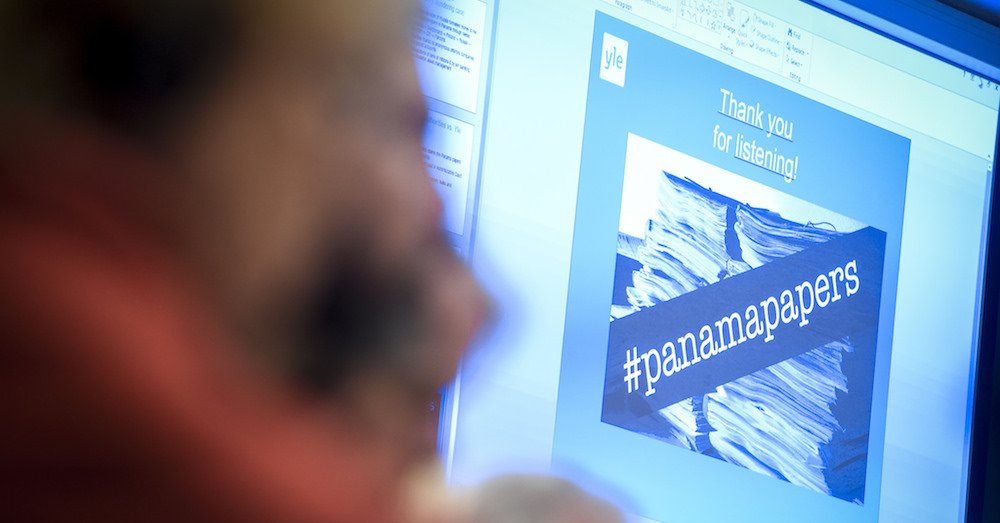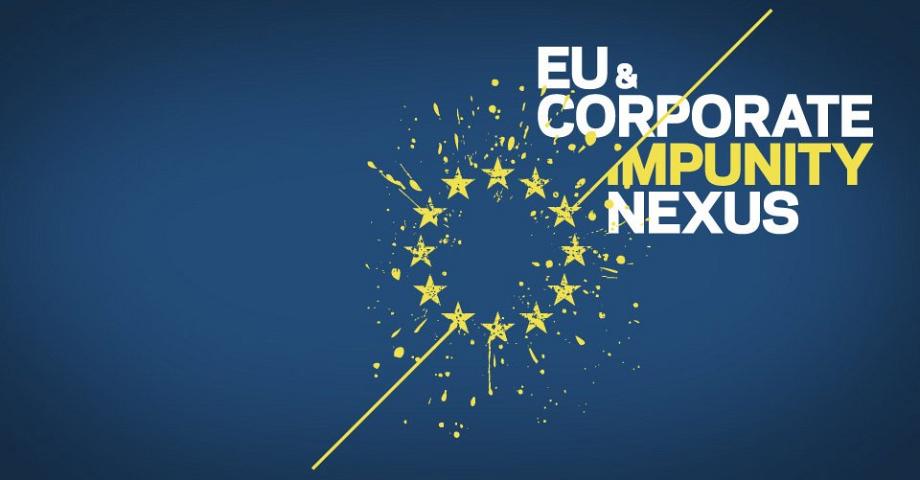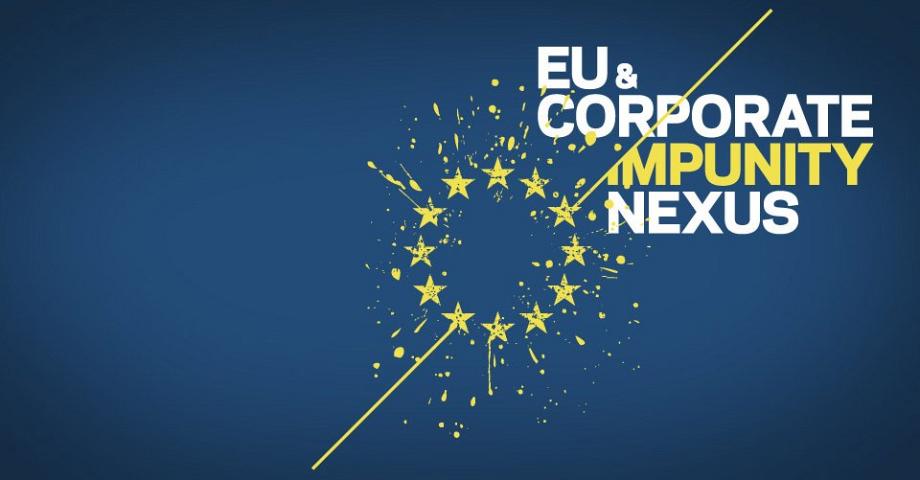This interview was first published in our publication Democratic Information in an Age of Corporate Power.
What triggered you to work on this collection of investigative journalism pieces from all over the world, which date back a hundred years?
Reading King Leopold’s Ghost, I was inspired by what Adam Hochschild wrote about the role of E.D. Morel and his coverage of the conditions in the Belgian Congo [2]. He really describes him as an investigative journalist who was also a campaigner. Like all American journalists, I had heard about the “muckrakers” of the Progressive Era in the US [3], but I had not known that at the same time there were people busy writing about terrible conditions overseas. The aim of the book was to showcase reporting about developing countries on crucial issues over the last 150 years. There are a lot of collections of great American investigative reporting, but I had never seen one that included international stories about Africa, Asia, and so on. Another objective was to look at how campaigning journalists, across continents, have covered the same problems: labour, police and military brutality, conditions for women, conditions in the countryside…
How would you define investigative journalism and what makes it different from “regular journalism”? You seem to use the expression “campaigning journalism” as an equivalent for investigative journalism.
One of the distinctions is that investigative journalism is about subjects that matter for society. You can do deep reporting on movie stars or subjects like that, but does it necessarily matter that much? That’s probably the distinction that matters the most: investigative journalism has to matter for society. But it is not the same thing as campaigning. I use the term “campaigning journalism” because I want to be clear about what is in the book. Some of the pieces in the book are not investigative journalism by modern standards. I don’t know if someone like E.D. Morel could be published in the New York Times today, because he was a campaigner. He had an opinion. He wanted King Leopold to get out of the Congo. Many of the people that are in the book were not working for large media outlets. In some cases, they were not even journalists. But they saw something terrible, and they started writing about it. Some of them wrote about those atrocities for a few years and then went on to do something completely different.
What is so interesting in looking back at two hundred years of investigative journalism is that you can see how people’s taste and the way they communicate change over time. Today, people say that the Internet is changing everything, but there have been major changes all the time. If you look at a newspaper from 1890, it’s totally different from what we would read today. It’s natural that this evolution is still occurring today. We don’t need to be nostalgic about how things were twenty years ago.
What have been the key topics covered by investigative journalists over two hundred years of history?
There are some perennial subjects that cross time and countries, such as abuse of power by government and corporations, labour conditions, or corruption. I would also mention consumer reporting, especially in places where the media is not free: at least you can write about a shop that’s cheating people or something like that. I would also add environmental issues. And nowadays, with the Panama Papers and similar investigations, we see a lot of work on issues such as offshore finance and tax avoidance.
Would you say that certain periods are more conducive to investigative journalism than others? Do we live in such a time at the moment?
Periods of political upheaval and transition are often conducive to a freer media climate. This was the case in France after World War II, in Spain after Franco and Indonesia after Suharto, during the Arab springs . . . There is a flowering of media outlets, although a lot of them cannot survive in the long run.
The times when investigative reporting has the most impact are times when there are also other groups of society that are ready for a change. Because there are already campaigners and journalists are not writing by themselves and into a vacuum. For instance, the writings of Albert Londres in the 1920s about the conditions in the French prisons in Guyana and North Africa came at a time when there were already groups worried about these issues. The French government felt obliged to pass reforms thanks to his reporting. This is a quintessential example of how a journalist can be a catalyst for change, but only because there were people ready to listen to him. Exactly the same thing is happening today with the Panama Papers. There are a lot of groups working on offshore finance and tax evasion, a lot of work being done in international organisations, a lot of coverage of these issues in the press. The Panama Papers came at a moment when people were already upset and trying to address the issue.
I wrote an article two years ago explaining why I think we live in a “golden age” of investigative reporting [4]. There are several reasons why this is so: the fact that we live in a period of political upheaval, the rise of digital technologies, the fact that philanthropy and foundations are willing to fund a lot of investigative reporting, and perhaps also the fact that older journalists are losing their jobs in declining mainstream media and able to train younger generations and start new media outlets. We’re in this crazy, fabulous time for investigative journalism. The kind of cross-border work that we’re seeing with the International Consortium of Investigative Journalists (ICCJ) or the Organised Crime and Corruption Reporting Project (OCCRP) is totally new. It’s a major innovation, and it could be transformative.
Would you say that investigative journalism also becomes more important in times when the traditional media or the traditional democratic institutions seem less able to address certain key issues, such as the financial crisis and its aftermath?
After the financial crisis, there was a lot of soul-searching among journalists, who wondered why they didn’t see it coming. The same had happened after the Iraq war. There are indeed certain periods when people become more interested in doing investigative journalism.
Sadly, the places that need investigative journalism the most often don’t have it. Let’s take, for example, the African countries that are dealing with powerful oil and mining companies. They need investigative reporting very badly, but often these are precisely the places where it’s harder to do, and where media outlets don’t have the resources, the expertise and the freedom to do it. And when they actually do it, often it does not have the impact you would expect. I heard of a case in Nigeria where a journalist had been writing for nine years on a case of corruption in the oil and gas industry, and the people that stole the money are still not in jail.
A lot of investigative journalism is made possible by foundations and philanthropy, at a time when mainstream media are winding down and cutting jobs. Do you think this funding model is sustainable?
Investigative journalism has never paid for itself. Someone is always going to have to pay for it, whether it’s the mainstream media outlet that funds it because it’s important and brings in prizes and prestige, or whether it’s foundations. E.D. Morel’s work in the Congo was largely funded by the Quakers. Right now, foundations are paying for a lot of investigative journalism. Are they going to keep it up? I don’t know. Some people are very cheerful about the prospects for crowdfunding investigative journalism. Last year, with my students, we profiled media outlets from developing countries and found that most of them have a very low annual revenue. One of the great things about today’s world is that the barriers of entry are lower, and it’s much easier to set up new media outlets, but they are often less stable. A lot of investigative journalists I know around the world have to work for different media outlets.
Historically, investigative journalists have rather been mavericks, who worked by themselves. Do you think we’re going to see more and more of the sort of collaborative, international team-work we’re seeing with ICIJ and other similar initiatives?
This team-work is a fantastic new thing. Mike Hudson, who is one of the editors of the Panama Papers, talks about how journalists used to be competitors and now they’re realising they can also be collaborators. Paul Radu, of OCCRP, says crime doesn’t stop at national borders, so why should journalists? Journalism is becoming more collaborative, which is not surprising. It’s natural, when people start having financial difficulties, that they try to find ways to team up together.
We talked earlier about the difference between investigative journalism and campaigning journalism. Where does ICIJ sit in this respect, when it comes to issues such as tax evasion?
What I find interesting about ICIJ is that they really have resisted getting involved in campaigns. When you talk to them, they don’t really know much about the on-going campaigns by groups on tax avoidance. They’re not really interested either in getting involved in these campaigns. It’s just not what they do. Global Witness is more of a real hybrid that does both reporting and advocacy. ICIJ and ProPublica are still very much in that American tradition of public interest reporting, which is not campaigning.
On the other hand, we see more and more NGOs, such as Greenpeace, using investigative journalism as a tool in their campaigns.
This is extremely interesting. One of the things that surprised me when I did the research for Global Muckrakers is that advocacy groups have been involved in investigative journalism for a long time. For instance, in the 19th century, the abolitionist movement in the US used a lot of reporting. This link between advocacy and journalism is older than many of us knew. Whether it actually increased in recent years I’m not sure, although everyone has the impression that it has.
Would you say that link between reporting and campaigning carries risks for investigative journalists – the risk of losing their specificity or even their credibility?
There is a lot of talk at the moment whether journalists who take money from foundations should have some sort of code of conduct. It is indeed a subject that needs thinking about. I’ve been looking around at the different practices, and they vary widely. There are connected questions: the behaviour of the journalist taking the money, the behaviour of the funders giving the money, and the question of the status of campaigning NGOs putting out reports.
Interview by Olivier Petitjean
—
Image: European Parliament CC




